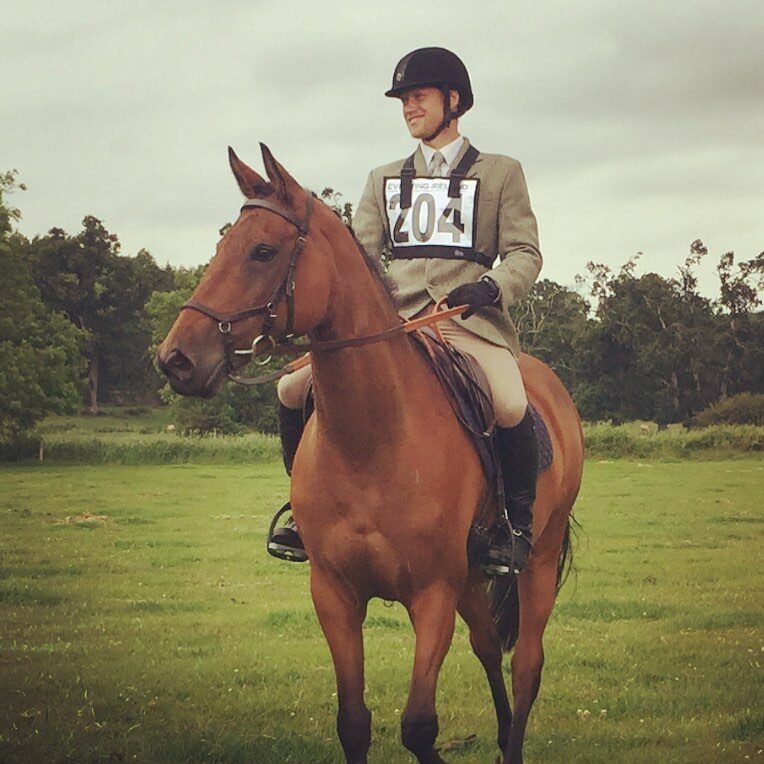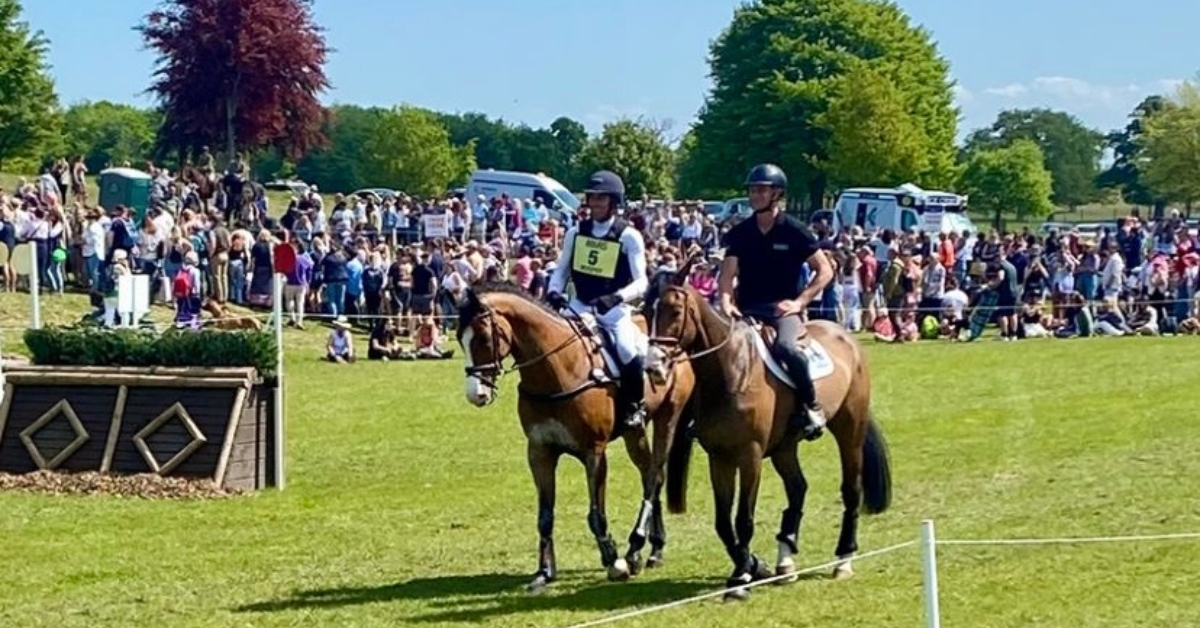By Brendan Bergin
Social media has entirely changed the way we digest and disseminate content, however, it has also caused a massive acceleration in change. In the past, the force for change was ultimately controlled by equestrian press. As content has moved onto social media, specifically equine issues are now moving into a crossover point where they are much more visible to the mainstream population. This has put great pressure on the positive force for change in the form of social licensing. The social acceptability of equestrianism which was in the past seen as a forgone conclusion is now up for debate. In order to ensure that our industry has a future it is not enough for us to change our practices, we also need to work towards a convincing reason to continue our sport. Already modern Pentathalon’s equestrian component has gone the way of animal circus. If we don’t start cultivating our own social license who knows if equestrian sport has a future.
Evolution and domestication
Horse owners in particular often fall victim to anthropomorphism, projecting human emotions onto their horses. Our human misconception that horses are large slightly silly humans rather than a specifically evolved animal who has evolved over 55 million years is what causes the biggest barriers to equine welfare. We expect horses to conform to our model and traditions even if they may be damaging to them both physically and mentally. Horses unlike humans have a very small prefrontal cortex, this is the part of the brain responsible for planning and emotions. This means that horses are not capable of higher mental functioning or deception. By contrast, they have a large highly developed amygdala which is responsible for processing threats, fear and flight. When horses refuse a colourful fence/filler it is far more likely that they are processing it as a fearful stimulus rather than planning the avoidance of the work.
Developing a horse centred training process
As participants in equine sport we must understand that horses are never specifically defying us, rather they are acting according to their nature which makes the whole training process a lot less emotional. It is up to us to ensure that our training is sufficiently incremental, progressive and logical to ensure that the horse can absorb the lesson. The single most important skill every equestrian must understand is that pressure motivates the response and release trains it. Too many riders apply incessant pressure to hold horses “on the bit” rather than training using negative reinforcement. As a coach, one of the most significant roadblocks that rider and horse partnerships come with is that of combined frustration. The horse is frustrated because the rider’s signals are unclear, contradictory or not incremental. Riders get frustrated because the horse won’t do as they are telling them. In most cases this can be solved with clear incremental training plans for specific skills development.
Integrating your training
Good coaching is pivotal to success in training any equine partnership. Knowledgeable help from a coach with clear understanding and experience of how horses learn will make most competition goals possible. Most coaching training systems are very focused on training aids and exercises but are often somewhat deficient in scaffolding the development of the basic responses.
Nearly every trained equine movement is composed of the four basic responses;
• Stop – This includes slowing down (tempo) or shortening stride.
• Go – This includes increasing speed (tempo) or lengthening stride.
• Turn front legs.
• Turn hind legs.
Combining these responses composes the movements required in dressage tests, show jumping and on the cross country course. When you train the aids built from the basic responses and understand the structure that makes up each aid you can then really develop a clear ethical system.
The Future
If covid has taught us anything it is that change is one of the only things we can be sure of. Like the Pentathalon controversy in Tokyo it is only a matter of time before our social licence for equestrian is eroded to breaking point. Like many other countries last month, France has banned the use of wild animals in circuses. Like Ireland in 2018, this is the direct result of the public withdrawing their support. As the tide of public opinion has turned in earnest against animals for entertainment how long before it turns against equine sports? It is up to all those in the industry to not only improve the welfare of their equine partners but be seen to be working to the horse’s benefit rather than to their detriment. As a final thought I am often drawn to a quote from Dr.Andrew Mclean; “The horse does not volunteer for the job we put him to it.”


Share
Your subscription is 100% Free for our first year, No credit card details required.

The Judging Concerns That Keep Coming Back — And Why They Can’t Be Ignored Anymore We didn’t make it to

There are few sporting events that live up to the hype. Wimbledon? Too many strawberries. Cheltenham? Too many suits. But

British Veterinary Association publishes full response to Competition and Markets Authority’s proposed remedies for veterinary market for household pets. The